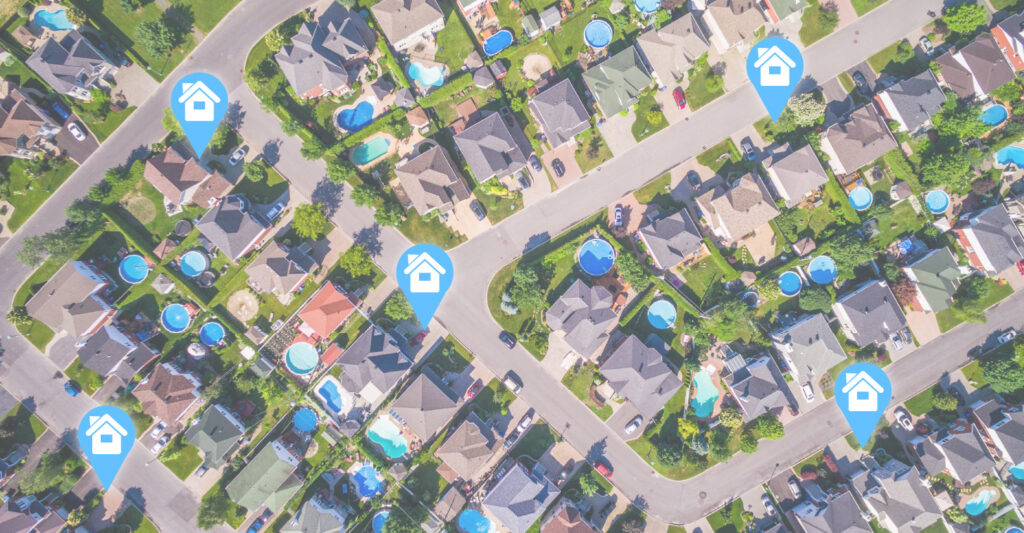The most significant human health crisis in over a century, the COVID-19 pandemic continues to wage a heavy toll on human life and society’s infrastructure. While human health remains the most vital concern, millions have also been devastated by its economic effects–including the real estate market. The economic downturn that COVID-19 unleashed has slowed the direction the real estate market experienced in the last few years.
Now that efforts to reopen the country are underway, will the real estate market rebound for a healthy summer (and beyond)? The answer may not be definitive, but we’ve made some educated guesses at the state of the real estate market for the summer of 2020.
Real estate before and after COVID-19
Real estate experienced some strong headwinds going into the 2020 calendar year. Economic prosperity was encouraging more buyers, and a seller’s market helped propel home prices in cities like San Diego to near-record highs.
The onset of COVID-19, and its attendant effects like social distancing and a drastic employment rate drop, stalled the real estate market in its tracks. Listings disappeared, mortgage lending rules tightened, and sales dropped by a precipitous rate of 9 percent in March.
Uncertainty rules the current real estate market, despite the industry’s optimism and resilience. Social distancing has forced the advent of virtual real estate transactions, and potential real estate buyers and sellers are less confident about conducting business while economic factors are still unfavorable.
While there’s no doubt a real estate market downturn has happened, the first fallout may not have been as stark as once feared. With more knowledge of the epidemic and gradual moves to reopen the economy, the summer real estate market might be slower than previous years—but could also point the way toward an eventual, if cautious, return to profitability.
Expectations for the summer real estate market
- Home price growth will plateau. Danielle Hale of realtor.com anticipates that price increases will inch up by 1.1% for the rest of the calendar year. Realtor.com senior economist George Raitu speculates that a slight, temporary real estate market boost could happen in late summer to ease “pent-up demand,” and to accommodate families who need to move before the school year.
- The market will recover, but it may take time. Despite fears of a significant crash, there’s a good chance the real estate market will recuperate, and that summer will see small but significant headway in that direction. All markets dipped in the early days of the coronavirus pandemic, but some have made strides toward a very modest recovery. Some markets, like Phoenix, are already expecting gains over the summer after fears of total disaster in the real estate sector proved unfounded.
- Inventory will remain scarce. The challenge in availability should supply enough of a bedrock for the real estate market to persist over the summer. A recent breakdown from Zillow saw transactions up, while inventory remains low. High-priced homes make up a big share of inventory, although more buyers are focusing on less expensive, and therefore less available, houses to buy. In either case, the seller’s market should remain intact.
- Mortgage rates will remain low but will level out. We’re seeing historically low mortgage rates in the wake of the COVID-19 crisis, and they project to dip even further. Mortgage Reports editor Tim Lucas speculates that they may dip below 3%—a first—around early July. Most mortgage agencies expect the 30-year rate to level off for the calendar year, to an average projection of about 3.18%. These record-low rates may inspire more activity in the real estate sector.
- Buyers and sellers may still wait it out. Any economic slowdown affects market security and consumer confidence, and we’ve just experienced one of the biggest drop-offs since the Great Depression. A National Association of Realtors poll from mid-May shows almost half of all buyers and sellers are delaying their real estate decisions. Many potential players in the real estate market may well sit on the sidelines throughout the summer until financial indicators like the unemployment rate and federal interest rates start trending favorably.
- The market may brace for a second COVID-19 wave in autumn. Health experts warn that another wave of the coronavirus may be in store as social distancing rules are relaxed throughout the summer. This could change the summer real estate market in terms of more activity while it’s possible—or, alternately, extend market jitters until a more complete global recovery is underway.
Content for this post contributed by the team at JEMSU, an SEO & Digital Advertising agency based in Denver, CO.
